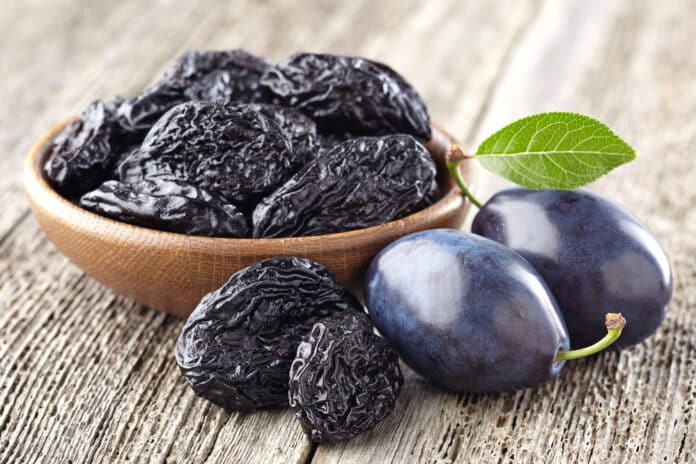
You might think of your bones as being solid and unchanging, but that’s not really the case. Your bones are constantly renewing themselves, with old bone cells being replaced by new ones. This process is known as remodeling, and it’s essential for keeping your bones healthy.
Unfortunately, as we get older, this recycling of bone tissue can become unbalanced. The old bone cells are broken down faster than the new ones can be made, leading to a gradual loss of bone tissues.
This condition is called osteoporosis, and it can increase the risk of fractures, particularly in the hip, spine, and wrist.
Preventing Osteoporosis
One of the best ways to prevent osteoporosis is to stay physically active.
Weight-bearing and resistance exercises help to stimulate new bone growth and reduce the rate of bone resorption (the breakdown of bone tissue).
Exercise also improves muscle strength, balance, and coordination, which can help to reduce the risk of falls and fractures. Good exercises for preventing bone loss include:
● walking
● running
● jumping rope
● dancing
● stair climbing
● hiking
Another key factor in preventing osteoporosis is making sure you are eating a healthy diet that includes enough calcium and vitamin D. These nutrients are essential for bone health, and a deficiency can lead to an increased risk for developing osteoporosis.
Your diet should also include foods and ingredients that are known to reduce inflammation rather than increase it. This generally involves eating less processed meats and added sugars, and eating more fruits, vegetables, whole grains, and healthy fats.
One food in particular that appears to be especially helpful for bone health—prunes.
Prunes and Bone Health
Plums are a type of fruit that belongs to the same family as peaches, apricots, almonds, and cherries. When they are dried, they are called prunes.
Prunes are a good source of fiber, vitamins, and minerals—including potassium, vitamin K, and calcium.
They also contain phenolic compounds, which are anti-inflammatory antioxidants that can help to protect against chronic diseases. Recent clinical research also suggests these phenolic antioxidants can also slow down bone resorption and improve bone mineral density.
How Many Prunes Should You Eat?
You don’t need to eat very many prunes to receive clinically significant bone benefits.
According to recent studies, the optimal number appears to be around 5 or 6 per day. More than that doesn’t seem to provide any additional benefits.
So, if you’re looking for a way to help improve your bone health, add some prunes to your daily diet. Just a handful per day could make a big difference!


















